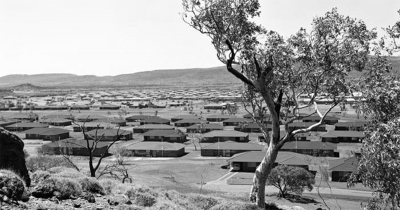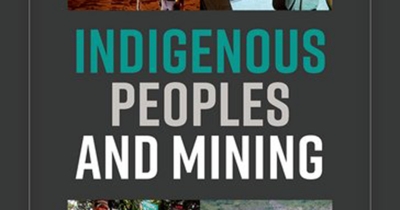Mining
Sign up to From the Archive and receive a new review to your inbox every Monday. Always free to read.
Recent:
In this week’s ABR Podcast, we feature the third-place winner in this year’s Calibre Essay Prize, Nicole Hasham’s ‘Bloodstone: The day they blew up Mount Tom Price’. In preparation for the essay, Walkley Award-winning journalist Nicole Hasham travelled to the site of Wakathuni, the Pilbara mountain also known as Tom Price that was blown up in 1974 to mine iron ore. Listen to Nicole Hasham’s ‘Bloodstone: The day they blew up Mount Tom Price’, published in the July issue of ABR.
... (read more)To obliterate a mountain, one must first drill a series of holes 2.4 metres deep – in either a square or diagonal pattern, depending on the rock type and face condition. A crew moves in to load the holes with blasting agent, typically a mix of ammonium nitrate and fuel oil. Detonators and boosters are laid and an explosive cord is run over the mountain face. A fuse is lit. It explodes the detonator, which explodes the cord, which explodes the boosters, which explodes the blast mix, which in turn explodes the mountain.
... (read more)




